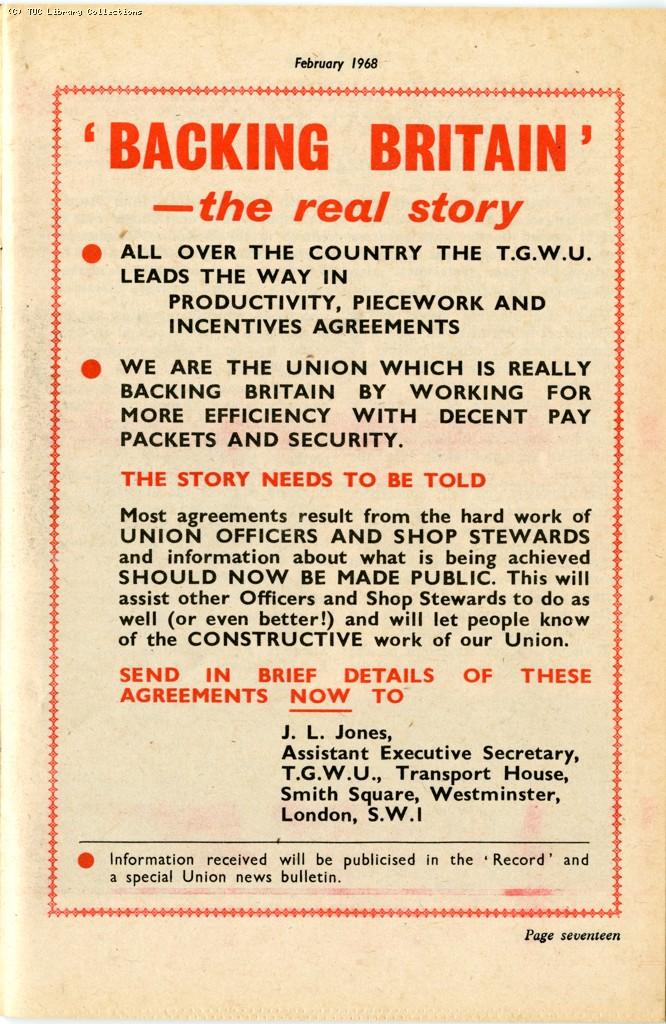Europeana Treasures #2: 1968 in Europeana Collections
Europeana Treasures is a series of blogposts introducing the Europeana Research case studies. Their name is inspired by the fact that they shed light on important research findings and unknown sources that have been discovered by researchers in the rich library of Europeana. Alongside the research projects that have been developed by the winners of the Europeana Research Grants 2016, two more complementary case studies have been developed by the Digital Curation Unit, ATHENA R.C. in the context of the DSI2 project. This blogpost is the second of its series, introducing the case study on the year 1968.
Next year marks the 50th anniversary of the events of 1968. Archives across Europe and the world hold evidence and testimonies of this period in various types and formats. This material is fragmented and scattered, making visibility to research and creative communities limited. The idea behind this case study was to investigate and identify Europeana-held material relevant to this recent turbulent period of human history, so that all interested communities of practice and relevant networks are enabled to work with them meaningfully.
Initial and somewhat superficial research within Europeana produced hardly any satisfactory results. However, once we started using search terms in different languages, results retrieved surprised us tremendously: Europeana not only holds an invaluable amount of digital objects related to this seismic period in history, but it also offers an insight to objects from beyond the European landscape, all the way across the world.
Digital objects - both content and metadata - cover all types: text, video, image and sound, while they span from across European countries (Poland, Czech Republic, France etc.), to the other side of the world (Vietnam, USA, Mexico etc.). Of particular interest are digital cultural objects pertaining to the influence of May 1968 to the arts. Europeana results span across all object types and could be potentially useful to related research disciplines.
Currently, the Digital Curation Unit / ATHENA R.C is undertaking research on how to enhance visibility of 1968-related digital material to research and creative communities, after identifying existing communities of practice to existing 1968 content and metadata and matching them to digital methods, tools, and services. This research is largely relying on NeMO, the NeDiMAH Methods Ontology.

Source: Backing Britain Campaign, 1968, TUC - Trade Union Congress Library, United Kingdom, In Copyright.
